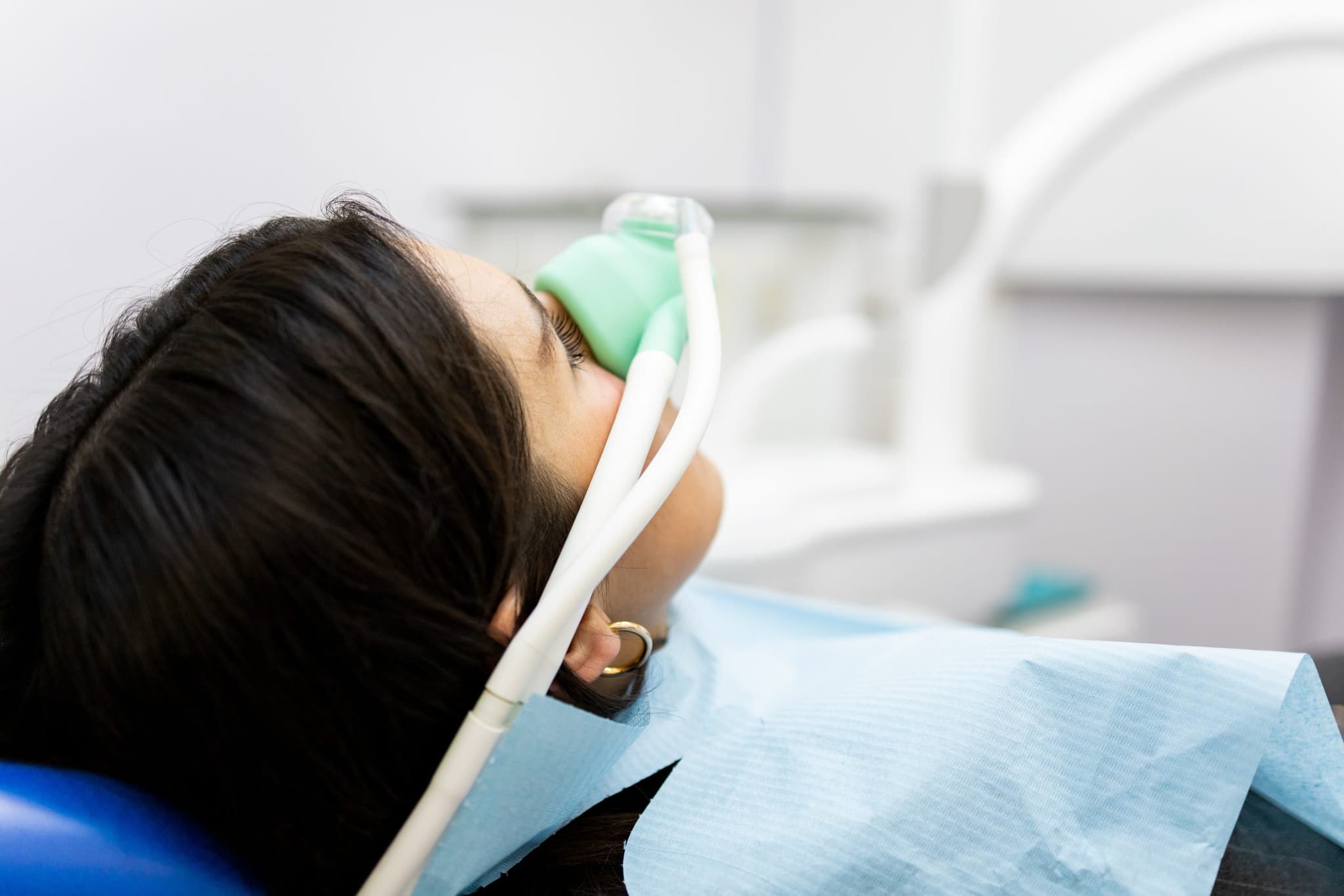
2025-12-17T17:11:43
Why OBGYN Clinics Are Using Nitrous Oxide for Pain Relief
- OB/GYN
April 11, 2016 | Administration • Family Medicine • OB/GYN • Sleep Medicine
Specialties:Family Medicine • OB/GYN

April is National Autism Awareness Month, a time devoted to education and acceptance while drawing attention to the tens of thousands of Americans that face an autism diagnosis each year.
Autism is one form of autism spectrum disorders (ASDs), as is Asperger’s syndrome, a disorder characterized by the lack of appropriate social skills. Autism affects parts of the brain that control communication, emotions and body movements, limiting a person’s ability to relate to other people. It first appears in young children, and can be reliably diagnosed by age two.
“Autism’s prevalence has skyrocketed,” according to Autism Speaks. “Ten years ago, autism’s estimated prevalence was 1 in 166. Today it’s 1 in 68 – an increase of more than 100 percent in one decade.” This number may be even higher based on findings in a South Korea direct-screening study that found 1 in 38 children affected by autism. Autism Speaks is working with the Centers for Disease Control and Prevention to conduct a similar direct-screening study in the United States with results expected later this year.
Autism spectrum disorders affect nearly five times as many boys as girls.
Half of children with autism have gastrointestinal disorders such as pain and constipation.
About a third of people with autism have epileptic seizures.
Sleep problems occur in 40 percent to 70 percent of people with autism.
Approximately 10 percent of people with autism have special gifts known as “savant skills.” These might take the form of memorization or calculation abilities or be expressed musically or artistically.
As many as 40 percent of people with autism never speak.
Although experts once believed that autism was almost entirely hereditary, it’s now known that environmental factors can play a significant role – in some cases, increasing the risk for autism development by 50 percent. High exposure to air pollution during pregnancy, as well as to certain chemicals such as pesticides and the phthalates often found in plastics, increase risk. Certain drugs ingested by a pregnant woman including those used to control seizures, some antipsychotics, and mood stabilizers can put her child at risk for autism. An infection in a pregnant woman and complications associated with delivery can disrupt brain processes before birth and shortly afterwards. Researchers know that good prenatal care that includes vitamins with folic acid can reduce the risk of autism if taken before conception and throughout pregnancy.
Parents often notice symptoms in their children long before the age of two. Signs of autism are sometimes present at a child’s first birthday. Characteristic behaviors in infants might include:
Not responding to a mother’s voice
Not looking people in the eye or smiling in response to social cues
Not babbling or cooing by age one
Not pointing, waving, or grasping by age one
Does not say single words by 16 months
Does not say two-word phrases by 24 months
Babies who do not have autism demonstrate these behaviors, too, but it’s important to contact your pediatrician right away with any concerns because early intervention is essential. Toddlers may not seem interested in playing interactive games, often resist being touched or held, and may appear to have selective hearing loss. There can also be:
Repeated rocking or spinning motions, hand flapping
Repeating words or phrases
Getting upset by minor changes
Loss of language skills
No interest when adults point out objects
Early detection and intensive treatment, ideally before age three, can help most children learn to communicate and relate to others by changing the underlying brain development and activity. Experts recommend screening all children at nine months old for delays in basic skills, with ASD checkups at 18 months and 24 months.
“It is never too late to expand the mind of a person on the autism spectrum.” – Temple Grandin
If you are concerned about possible signs of autism in your child, Revere Health Family Medicine offers a collaborative network of pediatric specialists in 14 locations across Utah. You’ll receive personalized attention because we place your family’s health above all else.
“Avoiding environmental hazards during pregnancy”, Autism Speaks
http://www.autism-society.org/get-involved/national-autism-awareness-month/
“What are Causes and Symptoms of Autism?”, WebMD
WRITTEN BY:
The Live Better Team

2025-12-17T17:11:43

2025-11-21T14:10:25

2025-11-03T11:32:24

2025-10-21T11:51:52
This information is not intended to replace the advice of a medical professional. You should always consult your doctor before making decisions about your health.